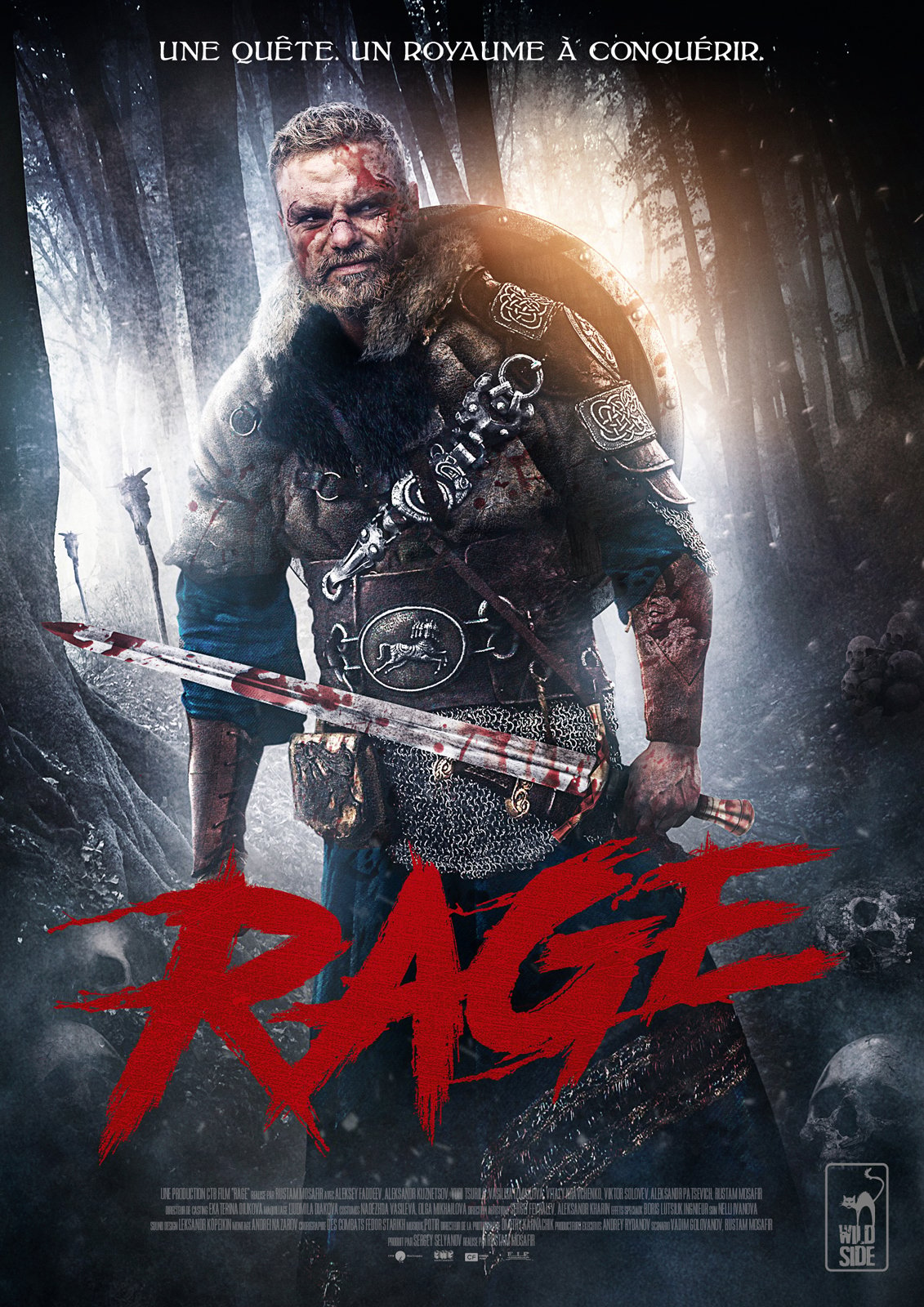

In Mexico City, during the 1968 Tlatelolco massacre, Fallaci was shot three times by Mexican soldiers, dragged downstairs by her hair, and left for dead. Beginning in 1967, she worked as a war correspondent covering Vietnam, the Indo-Pakistani War, the Middle East, and in South America.įor many years, Fallaci was a special correspondent for the political magazine L'Europeo, and wrote for a number of leading newspapers and the magazine Epoca. Fallaci began her career in journalism during her teens, becoming a special correspondent for the Italian paper Il mattino dell'Italia centrale in 1946. It was her uncle Bruno Fallaci, himself a journalist, who suggested to young Oriana to dedicate herself to journalism. She later transferred to Literature but soon dropped out and never finished her studies. Career Beginning as a journalist Īfter attaining her secondary school diploma, Fallaci briefly attended the University of Florence where she studied medicine and chemistry. I have always looked on disobedience toward the oppressive as the only way to use the miracle of having been born. Whether it comes from a despotic sovereign or an elected president, from a murderous general or a beloved leader, I see power as an inhuman and hateful phenomenon . In a 1976 retrospective collection of her works, she remarked:

She later received a certificate for valour from the Italian army.

During World War II she joined the Italian anti-fascist resistance movement, Giustizia e Libertà, part of Resistenza. Her father Edoardo Fallaci, a cabinet maker in Florence, was a political activist struggling to put an end to the dictatorship of Italian fascist leader Benito Mussolini.
#En la ragen trainslation series#
After retirement, she returned to the spotlight after writing a series of controversial articles and books critical of Islam that aroused condemnation as well as support.įallaci was born in Florence, Italy, on 29 June 1929. She also interviewed Deng Xiaoping, Andreas Papandreou, Ayatollah Khomeini, Haile Selassie, Lech Wałęsa, Muammar Gaddafi, Mário Soares, George Habash, and Alfred Hitchcock, among others. Kissinger later wrote that it was "the single most disastrous conversation I have ever had with any member of the press". The interview with Kissinger was published in Playboy, with Kissinger describing himself as "the cowboy who leads the wagon train by riding ahead alone on his horse". Her book Interview with History contains interviews with Indira Gandhi, Golda Meir, Yasser Arafat, Zulfikar Ali Bhutto, Willy Brandt, Shah of Iran Mohammad Reza Pahlavi, and Henry Kissinger, South Vietnamese President Nguyễn Văn Thiệu, and North Vietnamese General Võ Nguyên Giáp during the Vietnam War. Fallaci became famous worldwide for her coverage of war and revolution, and her "long, aggressive and revealing interviews" with many world leaders during the 1960s, 1970s, and 1980s. A partisan during World War II, she had a long and successful journalistic career. Oriana Fallaci ( Italian: 29 June 1929 – 15 September 2006) was an Italian journalist and author.


 0 kommentar(er)
0 kommentar(er)
